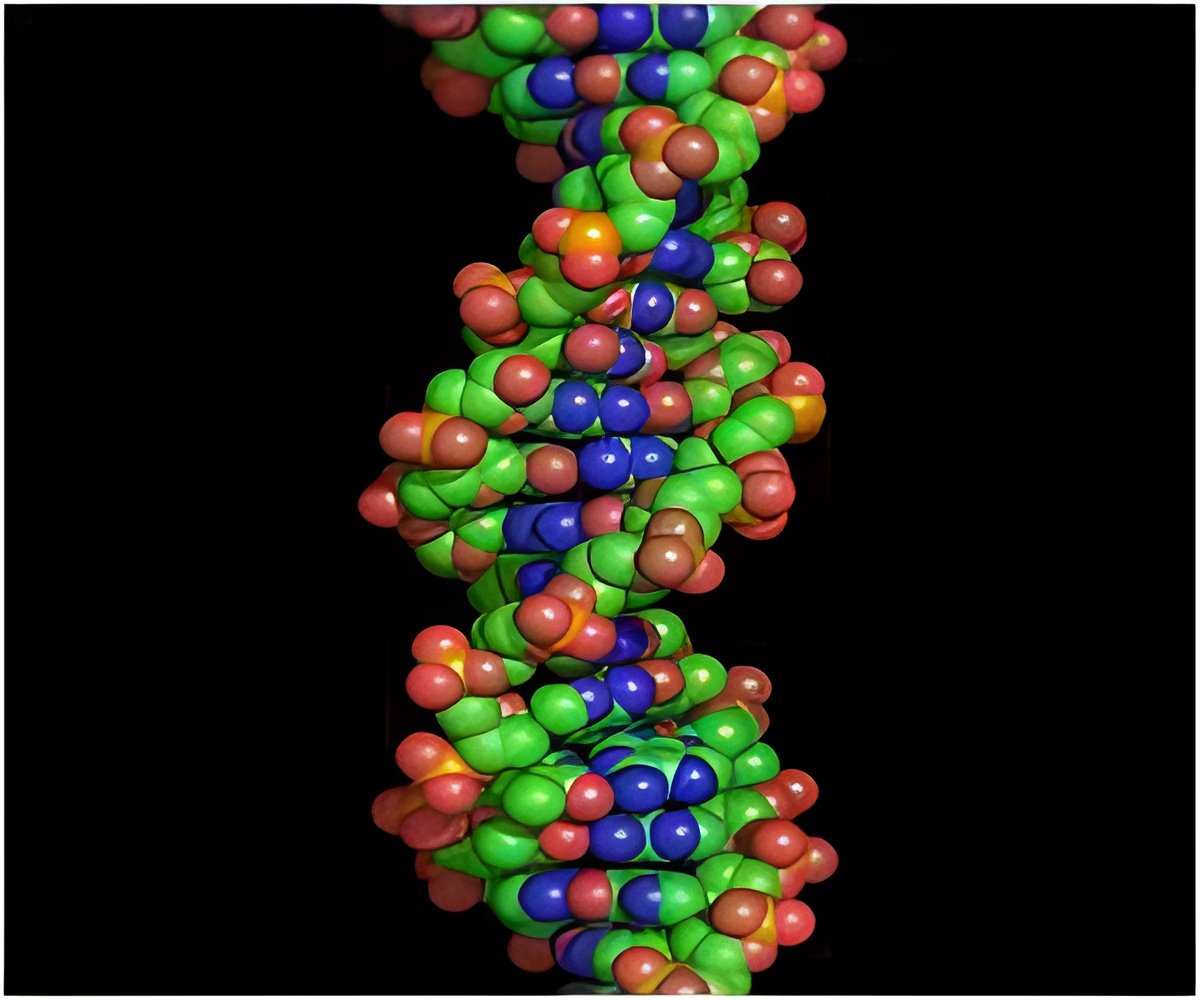Researchers have cast doubt on the mechanistic basis of a drug known as PTC124 (or Ataluren), used in treating genetic diseases.

In the new study, Stuart McElroy, Irwin McLean and colleagues at the University of Dundee question the validity of the elegant screening experiment initially used to identify PTC124. This was based on a system whereby an effective read-through drug would cause the ribosomes to make a "reporter" enzyme named luciferase; this enzyme was originally isolated from fireflies, and can be detected by its ability to produce light. McElroy and colleagues confirmed previous studies that suggested PTC124 instead deceives the drug screening system via a direct effect on the luciferase enzyme, rather than by causing read-through. They then showed that this doesn't occur when they used alternative reporter enzymes. But does PTC124 nevertheless cause translational read-through? The answer, apparently, is no; the authors went on to systematically test the effects of PTC124 on the read-through of all possible nonsense mutation contexts and on a range of scenarios. In each case, PTC124 failed to show any effect. The originally reported effects are therefore likely to have occurred by some mechanism other than read-through.
It should be noted that McElroy and colleagues only tested cells (not intact animals), that they only look at read-through activity, and that there are several publications suggesting clinical efficacy of PTC124 (particularly for cystic fibrosis) that are not challenged by this study. It is well known that some drugs may act by means other than originally intended but nevertheless remain effective. However, the study does raise questions about the drug's mechanism and efficacy for genetic diseases, indicating that in instances where PTC124 does have beneficial effects, this may be down to serendipity rather than the purported mechanism of translational read-through.
Source-Eurekalert










